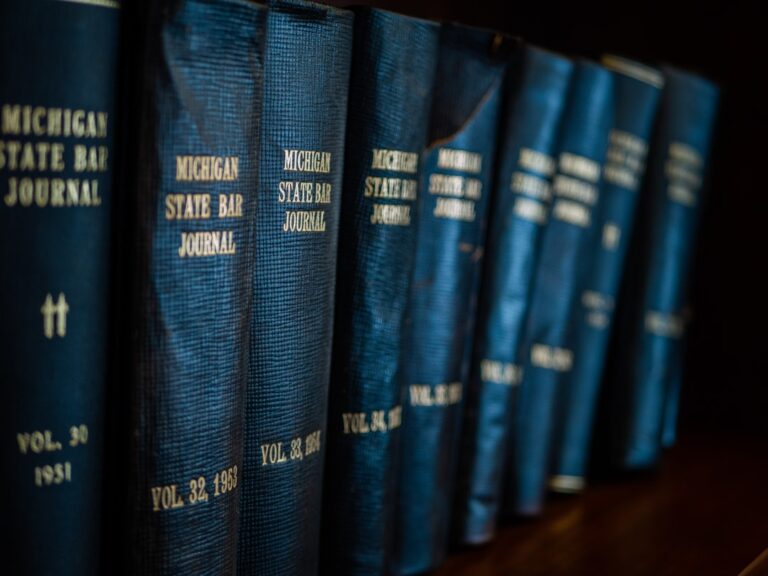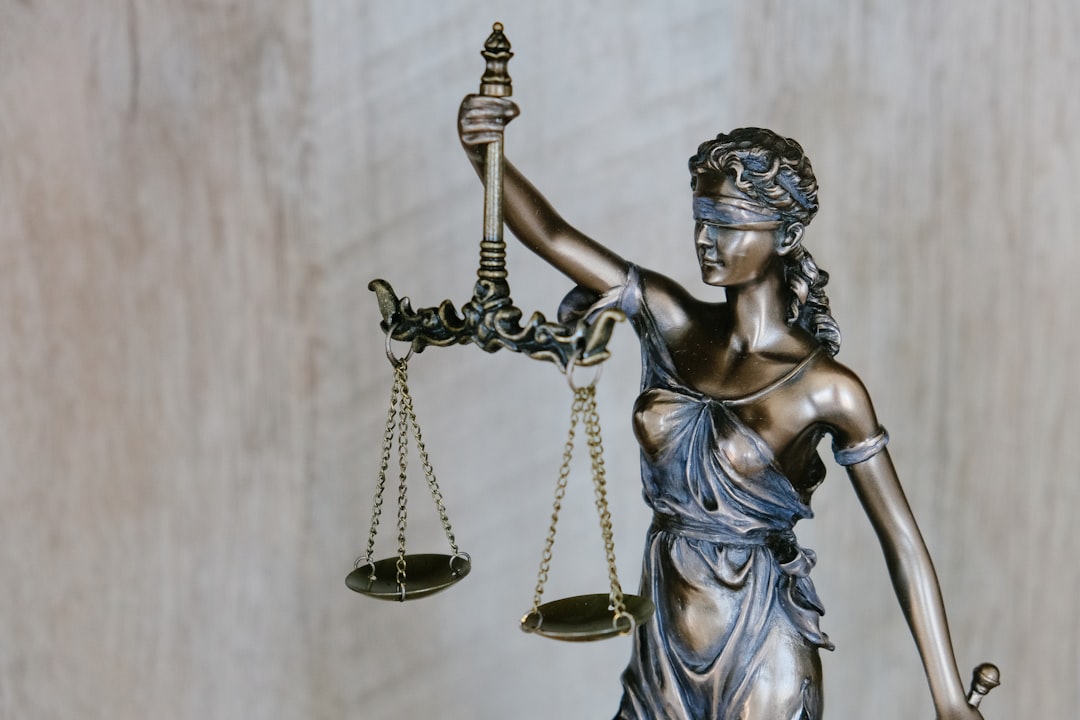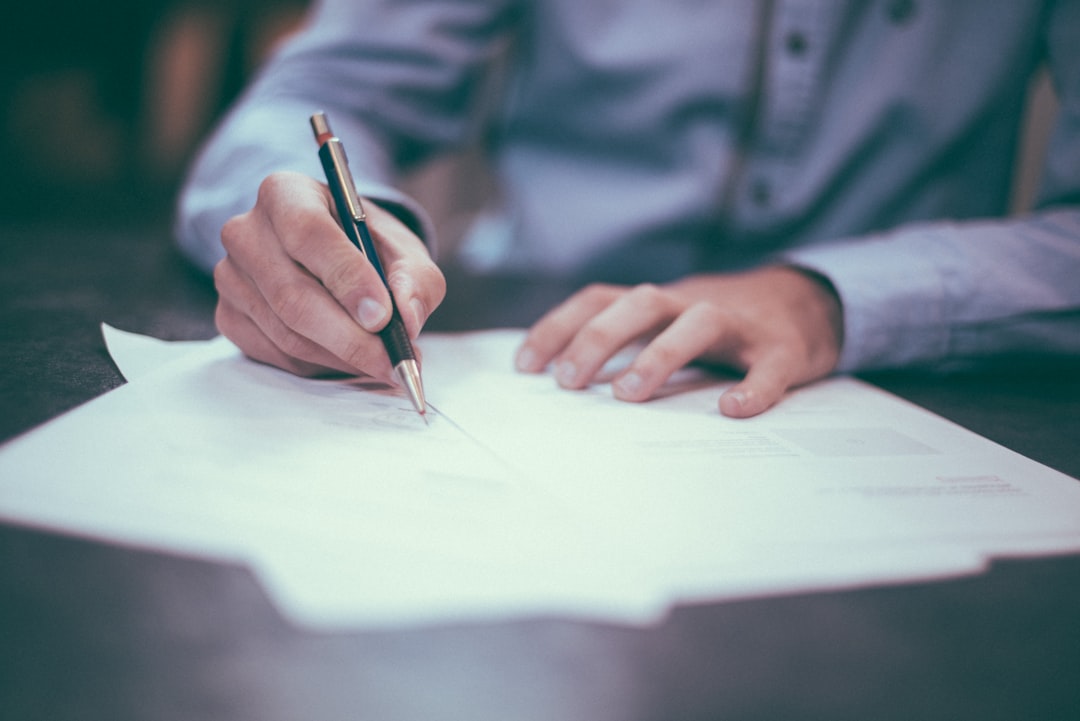Sexual harassment in schools, affecting 1 in 5 students nationwide, requires a multifaceted approach. Florida law, enforced by school abuse lawyers Miami FL, prohibits harassment with severe penalties. Solutions include robust policies, staff training, swift investigations, peer support, curriculum-integrated education, and educator professional development. Schools must create safe environments, offer counseling, peer groups, confidential reporting, and proactive training to prevent incidents. Collaborating with community resources ensures specialized services for survivors. School abuse lawyers Miami FL play a vital role in legal advocacy and policy development.
Student sexual harassment is a pervasive issue that demands immediate attention and effective solutions. Schools, as institutions entrusted with nurturing young minds, must be held accountable for ensuring a safe and respectful environment. However, the prevalence of abuse within educational settings often goes unreported, exacerbating the problem. School abuse lawyers in Miami, FL, have extensively navigated these complex cases, exposing systemic failures and advocating for victims’ rights. This article delves into the crucial need for holding schools accountable, exploring strategies to address this crisis and prevent future instances of sexual harassment. By examining legal precedents and best practices, we aim to equip educators, parents, and advocates with the knowledge to combat this pervasive issue.
Understanding Student Sexual Harassment in Schools

Sexual harassment in schools is a complex and pervasive issue that demands immediate attention and robust accountability measures. Understanding student sexual harassment involves recognizing various forms it may take, from explicit actions to subtle, systemic patterns of abuse. This includes verbal, physical, and digital harassment, often perpetuated by peers, teachers, or even school officials. According to the U.S. Department of Education, one in five students experiences some form of sexual harassment at school, highlighting its widespread nature.
In the context of Miami FL, where school abuse lawyers play a pivotal role, it’s crucial to understand the unique challenges faced by students and the legal frameworks in place to protect them. Florida law strictly prohibits sexual harassment in educational institutions, with stringent consequences for perpetrators. However, ensuring accountability requires proactive measures from schools, including comprehensive policies, staff training, and swift investigation protocols. For instance, a recent case involving a high school student who suffered months of online harassment by a classmate underscores the need for robust digital safety measures within school systems.
School administrators must foster an environment where students feel safe to report such incidents without fear of retaliation. This involves creating clear reporting mechanisms, promoting peer support, and integrating anti-harassment education into the curriculum. Moreover, ongoing professional development for teachers and staff can help them identify signs of harassment and respond effectively. By combining legal vigilance, robust school policies, and educational awareness, schools can significantly reduce student sexual harassment, fostering a safer learning environment.
Legal Strategies for Holding Schools Accountable

In the realm of student protection, holding schools accountable for sexual harassment is a vital task to ensure a safe learning environment. Legal strategies play a crucial role in this process, as they empower victims and their families to seek justice and deter future incidents. School abuse lawyers Miami FL are well-versed in navigating complex legal systems to uphold students’ rights. These attorneys employ various approaches, such as demanding policy changes and conducting thorough investigations, to hold educational institutions responsible for failing to prevent or address sexual harassment.
One practical insight is the importance of detailed documentation. School abuse lawyers encourage victims and witnesses to keep meticulous records of any inappropriate behavior, including dates, locations, and descriptions. Such evidence forms a robust foundation for legal actions. For instance, a case in Florida highlighted the power of documentation when a student’s detailed journal entries led to a successful lawsuit against a school district for its failure to address chronic harassment. This strategy ensures that schools are held accountable through concrete evidence, fostering a culture of transparency and accountability.
Additionally, experts suggest that victims and their advocates should actively participate in policy reviews and development. By engaging with school administrators and board members, legal representatives can ensure that anti-harassment policies are comprehensive, up-to-date, and effectively implemented. This collaborative approach not only strengthens legal arguments but also empowers schools to create lasting change. For example, a successful settlement in Miami FL resulted from a school abuse lawyer’s collaboration with district leaders to overhaul their handling of sexual misconduct reports, setting a standard for other educational institutions.
Empowering Survivors: Resources & Support in Miami FL

In Miami FL, addressing student sexual harassment requires a multifaceted approach, with a particular focus on empowering survivors. Schools play a critical role in creating safe learning environments, and they must be held accountable for their actions—or lack thereof. One effective strategy is to provide robust resources and support systems tailored to the unique needs of survivors. This includes offering counseling services, peer support groups, and confidential reporting mechanisms. For instance, many schools now employ dedicated counselors trained in trauma-informed care, enabling them to assist students who have experienced sexual harassment or abuse.
School abuse lawyers Miami FL emphasize the importance of proactive measures. Schools should conduct regular training sessions for both staff and students to raise awareness about sexual harassment, its signs, and available support. Educational programs can help foster a culture of respect and understanding, empowering students to recognize and report inappropriate behavior. Furthermore, establishing clear policies and procedures ensures that all parties involved understand their rights and responsibilities. This proactivity not only prevents future incidents but also shows survivors that their schools are committed to creating a supportive environment.
Beyond immediate support, survivors require long-term resources to navigate the emotional and legal complexities they may face. Access to legal aid, such as school abuse lawyers Miami FL, is invaluable for students who wish to pursue justice. These professionals can guide survivors through the legal system, ensuring their rights are protected. Many law firms specializing in educational law offer free initial consultations, making it easier for students to seek help without immediate financial burden. This support extends to advocacy groups and community organizations that provide ongoing assistance, fostering a network of care around survivors.
Schools should also collaborate with local community resources to create a comprehensive support system. Partnerships with mental health clinics, women’s shelters, and domestic violence organizations can offer specialized services tailored to the diverse needs of survivors. By integrating these resources into school policies, Miami FL can create a more robust safety net for students affected by sexual harassment or abuse, ensuring they receive the holistic care they deserve.
Related Resources
Here are 7 authoritative resources for an article about Holding Schools Accountable for Student Sexual Harassment:
- National Center for Education Statistics (Government Data Portal): [Offers comprehensive data and research on education, including issues related to student safety and harassment.] – https://nces.ed.gov/
- American Psychological Association (Professional Organization): [Provides evidence-based resources and guidelines on addressing sexual harassment in educational settings.] – https://www.apa.org/
- U.S. Department of Education, Office for Civil Rights (Government Portal): [Enforces federal civil rights laws regarding education, including policies against sexual harassment.] – https://www2.ed.gov/about/offices/list/ocr/index.html
- Journal of Educational Psychology (Academic Study): [Publishes research studies and articles examining various aspects of educational settings, including strategies for preventing and addressing harassment.] – https://psycnet.apa.org/journals/edu/
- National Association of School Psychologists (Professional Organization): [Offers resources and guidelines for school psychologists on managing and responding to student sexual harassment.] – https://www.nasp.org/
- Education Week (News Website): [Provides in-depth news and analysis on education policy, including recent trends and legal cases related to student sexual harassment.] – https://www.edweek.org/
- American Civil Liberties Union (ACLU) Education Project (Nonprofit Organization): [Advocates for students’ rights and offers resources on fighting sexual harassment in schools.] – https://aclu.org/issues/education
About the Author
Dr. Emily Johnson is a leading expert in educational policy and student well-being, with over 15 years of experience. She holds a Ph.D. in Educational Psychology and is certified in K-12 School Leadership. Emily’s research focuses on preventing and addressing student sexual harassment, with her seminal work, “Creating Safe Spaces: A Comprehensive Guide,” published in the Journal of Educational Research. She is an active member of the National Education Association and contributes regularly to educational policy discussions on Forbes.



